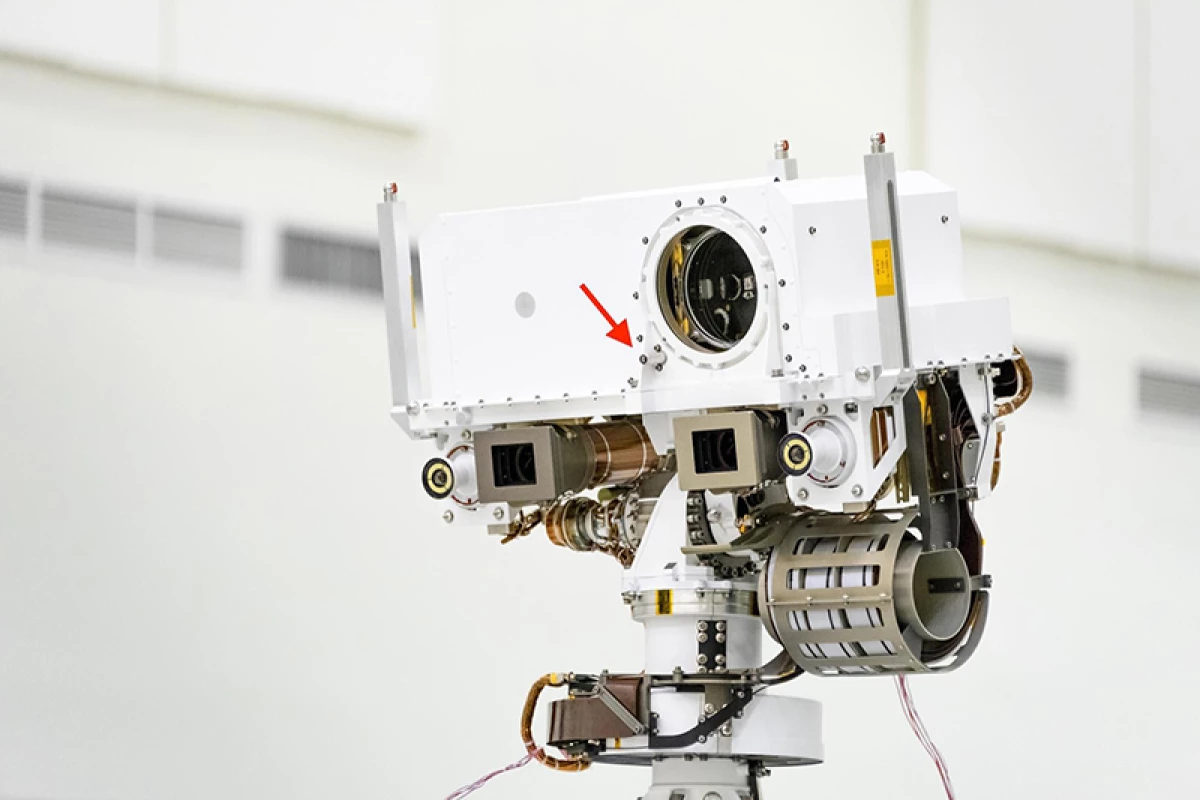Painstaking analysis of audio collected last year by a French-built microphone aboard NASA's Perseverance robotic rover has revealed surprising new insights into the characteristics of the Martian atmosphere.
About 18 hours after Perseverance touched down on Mars on February 18, 2021, the microphone built by the French space agency CNE and installed in the Franco-American SuperCam2 instrument went into action. In minutes, it returned audio from the planet for the first time in history. Two previous missions carried microphones, but one malfunctioned and the other was never turned on.
The sounds between 20 Hz and 20 kHz, within the range of human hearing, were both exciting and disappointing. Mars turned out to be remarkably silent to the point where Mission Control at the Jet Propulsion Laboratory (JPL) in Pasadena, California thought the microphone wasn't working.
Sounds were returned, but these were made by Perseverance itself as it drove along and included machine noises, the grinding of the wheels on rocks and sand, and the crackling shock waves of the rover's laser burning into rock faces. As to Mars itself, it took over a year of analysis by Paul Sabatier at the University of Toulouse III, along with scientists from CNRS, and ISAE-SUPAERO to isolate rather than simply detect the only natural Martian sounds, wind, and to use them to find out more about the atmosphere.
According to the researchers, the recordings show that there are surprising differences between the atmospheres of Mars and Earth – especially in how sound propagates. On Earth, sound moves through the atmosphere at about 760 mph (1,224 km/h), but on Mars it's only 537 mph (864 km/h).
Even more unusual, high-frequency sounds move at a different speed from low-frequency sounds, which would make conversations on Mars rather difficult even over short distances. This is due in part to the thinness of the atmosphere, but also to its composition, which is made up of 96 percent CO₂. You could mimic the effect of the latter here on Earth if you happen to have a pipe organ and some dry ice handy. Drop the ice in the sound box and a build up of carbon dioxide in the instrument will cause the pitch to drop out of the audible range.
The research was published in Nature.
Source: CNRS





